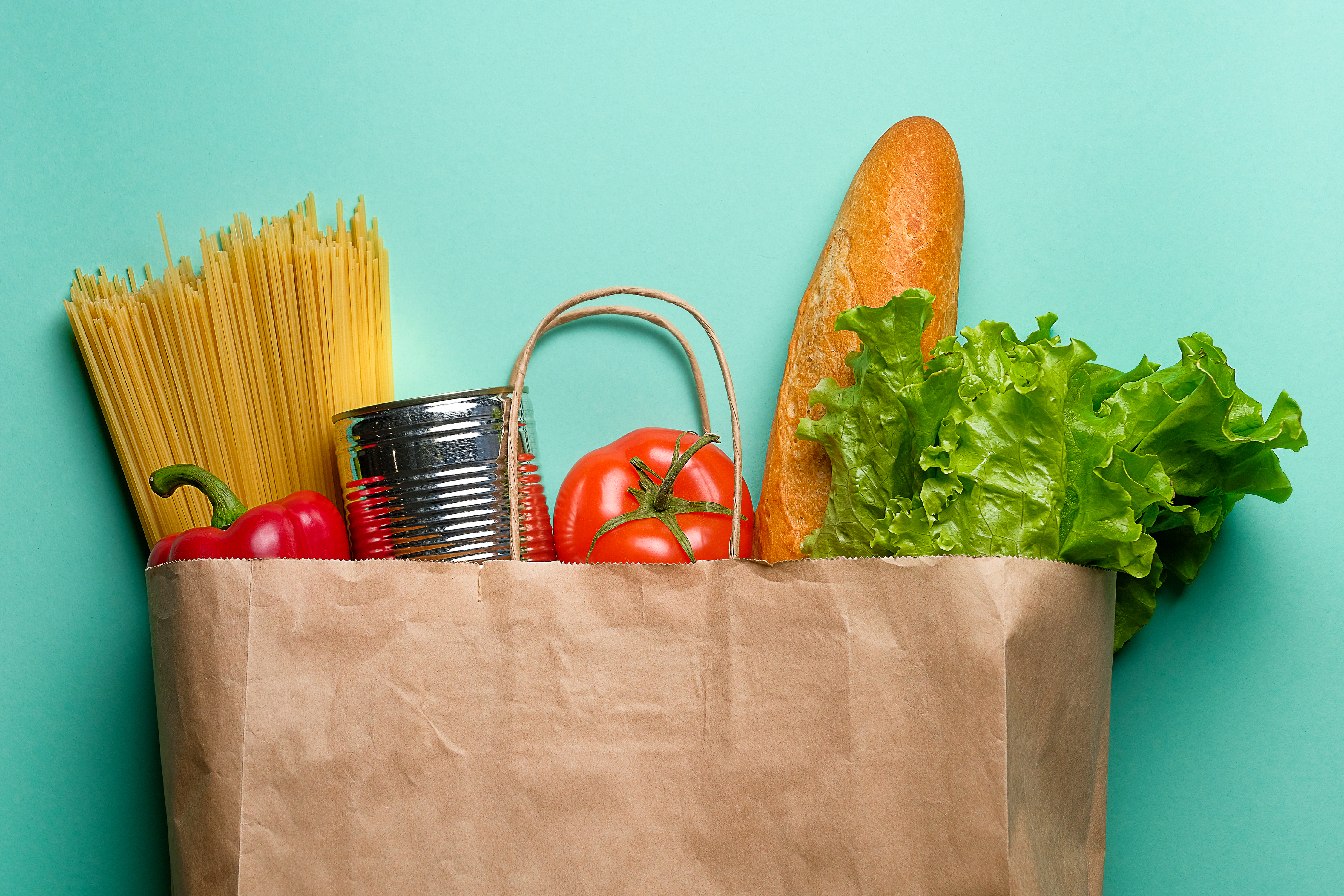AARP Hearing Center

The world around us is constantly changing—from new technologies and different fashions to the changing seasons, it's something new every day. But the age-old question remains the same: What's for dinner tonight?
Grocery shopping is a must for everyone, and something we can all agree on is that it’s getting more expensive every year.

While you're out grocery shopping, add our upcoming free cooking class to your list. Join us for What's Cookin' With AARP? Sign up now >>
Here are 5 easy tips to help save money on your next trip to the grocery store.
1. Meal Prep
An easy way to save money—and reduce extra trips to the grocery store—is to create a menu for your week ahead of time. This eliminates the daily stress of figuring out something to eat and helps you save money by setting parameters on your grocery trip. You’ll know exactly what you're cooking and all the ingredients you will need.

TIP: Consider grouping meals around perishable ingredients to reduce waste. For example, if you bought a sleeve of bell peppers, you can create a menu for the week that incorporates bell peppers in numerous ways. Try making stuffed bell peppers for dinner, fajitas for lunch, and an omelet for breakfast.
2. Sign up for rewards programs and download the app for grocery stores you frequent.
We know, we know—many of us do not want to download new apps on our phones or enter contact information in an effort to escape pesky promotional emails, but in this case, it’s TOTALLY worth it! Many stores have coupons that are exclusive to users of their app, and at some stores, you could even save on gas!
3. Check out new grocery stores and farmers markets

We all enjoy a familiar routine—your morning coffee and a great book, or listening to your favorite radio station on the way to work—but sometimes it pays to switch things up. Compare coupons and in-store prices for items you frequently buy at different grocery stores; check it out in person to see what deals you can find. Also, try shopping at local farmers' markets, locally owned grocery stores, or ethnic markets nearby. Learning a new cooking style can be both entertaining and money-saving.
4. Buy your produce in-season
Not only will it taste better, but it will also do your wallet a favor. In-season produce travels a shorter distance, so the savings are passed on to you. You can also consider buying your frozen fruits and veggies. They are frozen right after they are picked, so all of their nutrients remain intact.
5. Look into Community Supported Agriculture (CSA)
If you live in a rural area, this may be especially beneficial, as you could get all your produce without a trip to the grocery store! Look into joining a local CSA in your area. By purchasing a share at the beginning of the growing season, you lock in your weekly basket of fresh produce.































































